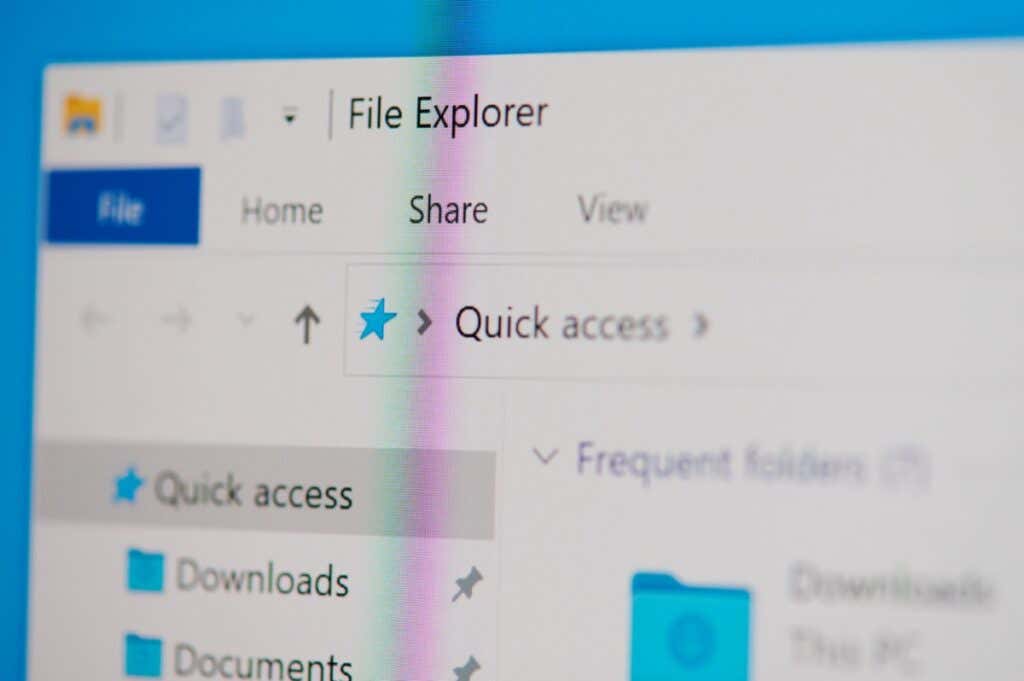
Windows 11 brings the same File Explorer you’re familiar with from previous versions. Just like before, the utility isn’t without issues. You may experience File Explorer slowing down or not responding to your commands.
Some of the problems include a minor issue with your PC, a system file going corrupt, or your PC being infected with a virus or malware. In this guide, we’ll look at a few potential solutions to the problem.
Table of Contents
Restarting File Explorer doesn’t mean closing and reopening your folder windows. Your PC offers you an option that stops the Windows Explorer process and then relaunches the process from scratch.
Doing that helps fix minor issues with the utility.
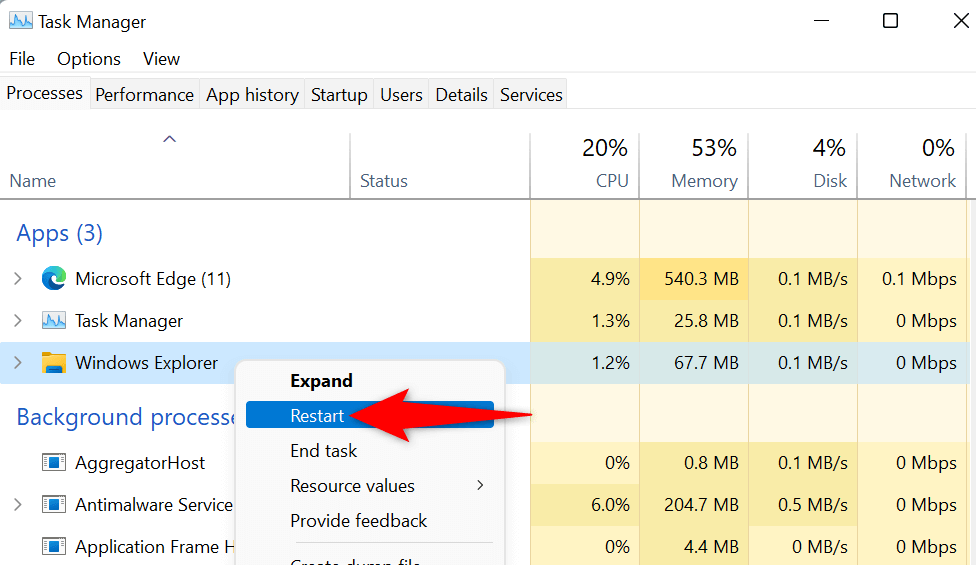
If your issue isn’t resolved after restarting Windows Explorer, restart your PC and see if that works. Restarting your Windows 11 PC helps fix many minor glitches, including those causing File Explorer not to function correctly.
Make sure you save your unsaved work before proceeding to reboot the PC.
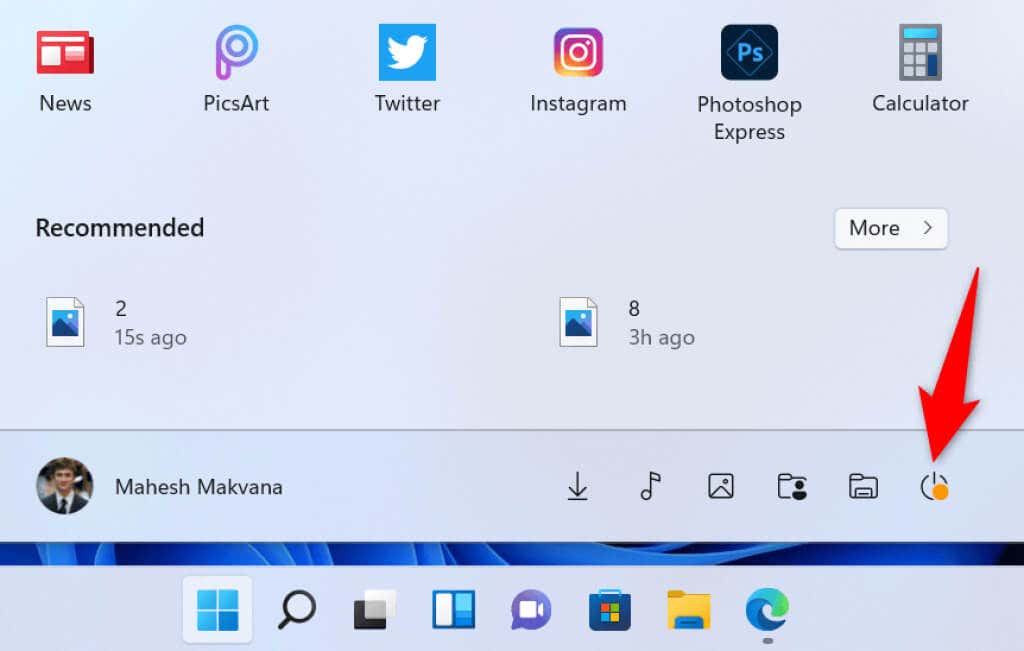

One reason your File Explorer isn’t working as expected is that the utility has accumulated too many cache files. These files sometimes slow down or make the utility not function at all.
In this case, your best fix is to clear File Explorer’s cache files. This removes the underlying cache data so your issue can be resolved.
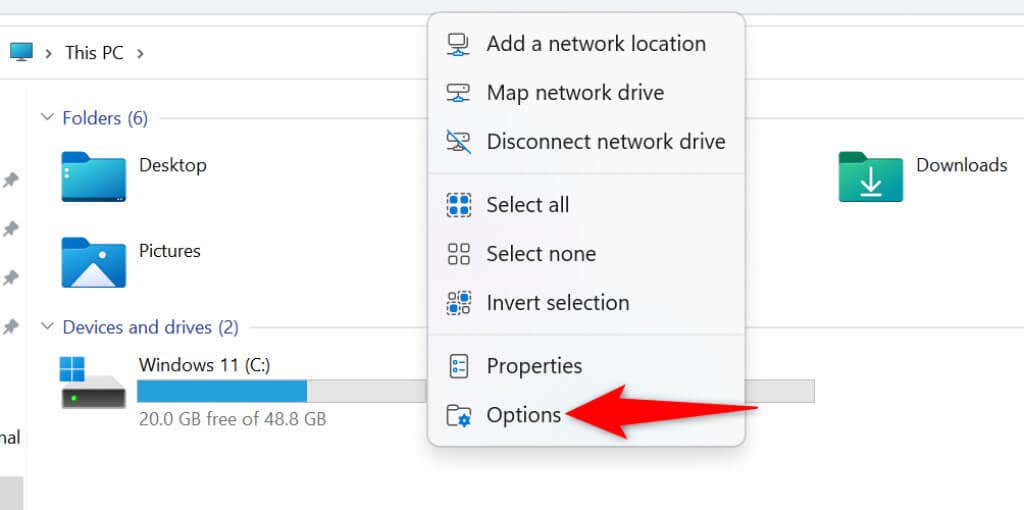
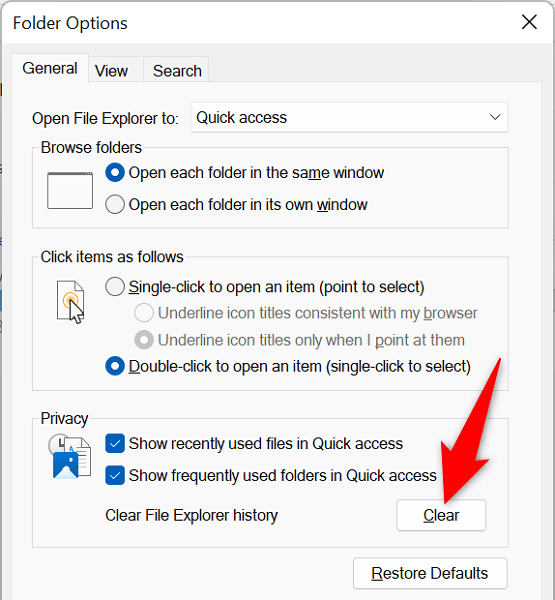
Whether you have File Explorer issues or not, we highly recommend keeping your Windows PC up to date. Doing so ensures you always have the latest security and bug fixes, which results in a smoother experience.
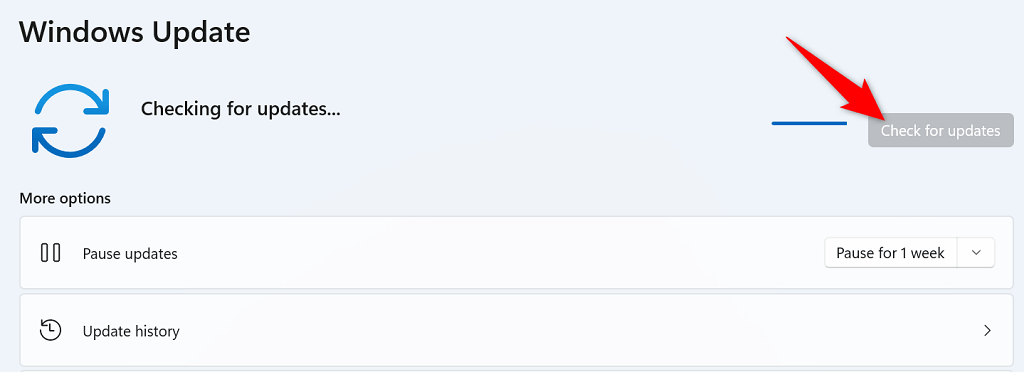
Windows 11 includes a System Maintenance tool to help you scan your PC for common problems. You should run this tool when your File Explorer goes haywire, as there’s a good chance you can fix your issues with this tool.
You can launch System Maintenance from Control Panel as follows:
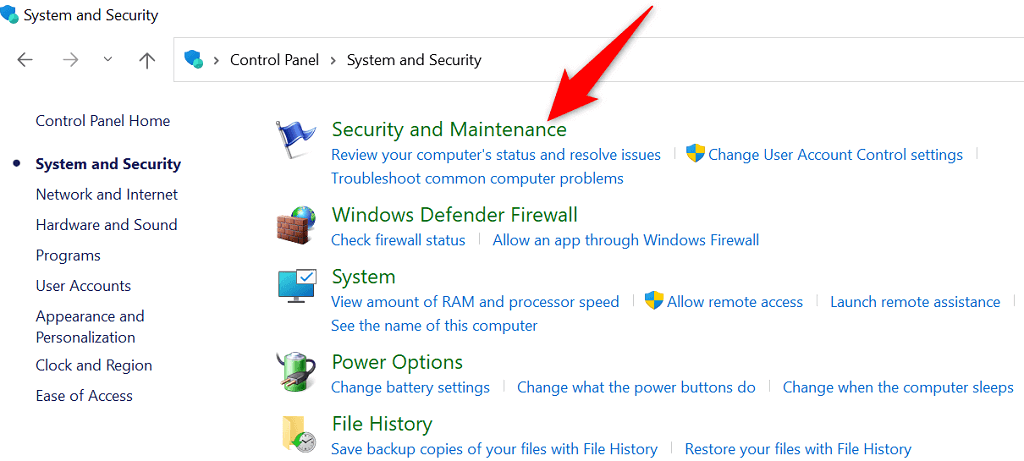

Viruses and malware can cause various issues on Windows PCs, including making system tools like File Explorer function poorly. While unlikely, it’s worth running a virus scan to see if your PC is infected with any threats.
Thanks to Windows 11’s built-in antivirus, you don’t need to install a third-party app to find and remove various threats from your machine. You can run a scan with this built-in utility and find and remove the items causing File Explorer not to work.
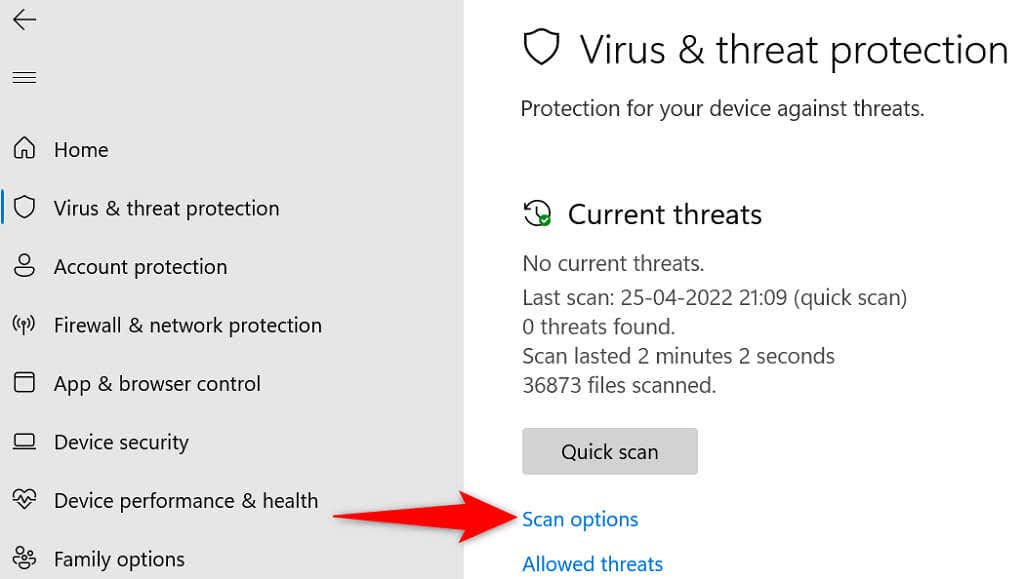

A possible reason you have issues with File Explorer is that your PC’s system files have become corrupt. This can happen for various reasons.
Luckily, Windows 11 includes a tool called SFC (System File Checker) to scan for and fix corrupt files on your computer. You can use this command with DISM to get the original Windows core files and then replace the corrupt files with the working ones.
This method involves running a couple of commands from Command Prompt, but you don’t have to know everything about the command line to use the technique.
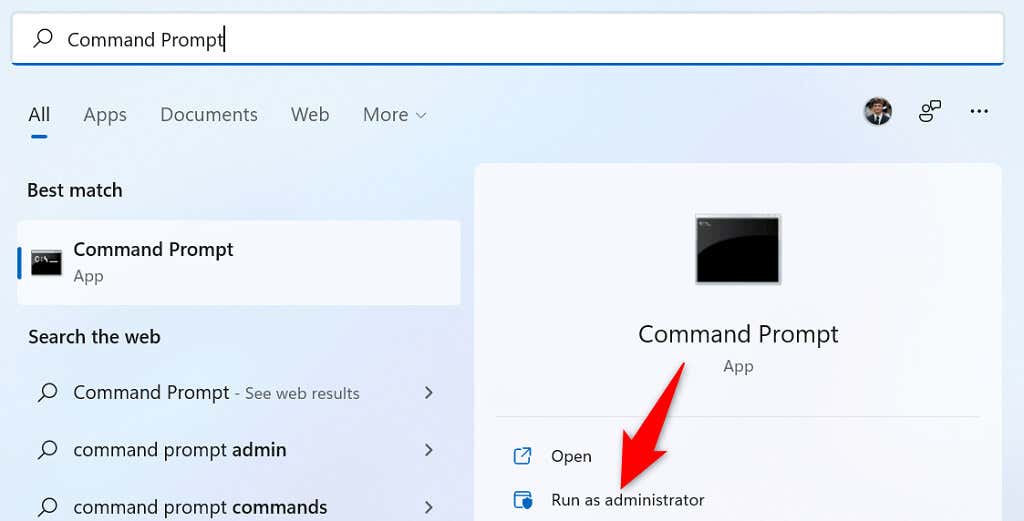
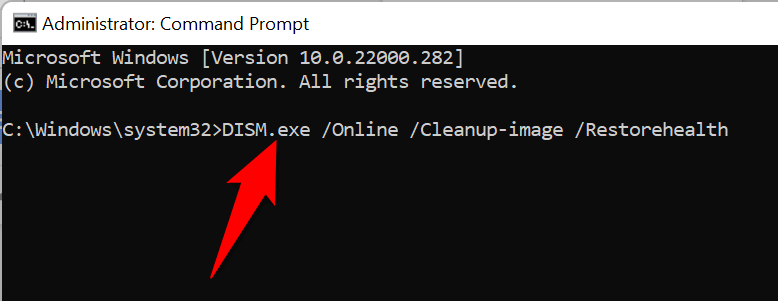
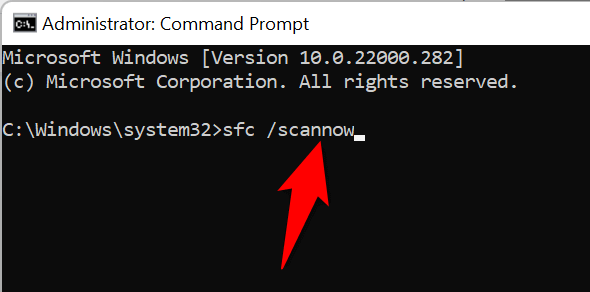
If you get an error message while running the SFC command, boot your PC in safe mode and try running the command that way.
File Explorer is the go-to file management tool on Windows PCs. If this tool ever stops working, you can’t access your files, which is a huge deal. Luckily, you have several ways to resolve issues with your Windows Explorer and bring the tool back to action. Good luck!
Mahesh has been obsessed with technology since he got his first gadget a decade or so ago. Over the last few years, he's written a number of tech articles on various online publications including but not limited to MakeTechEasier and Android AppStorm. Read Mahesh's Full Bio